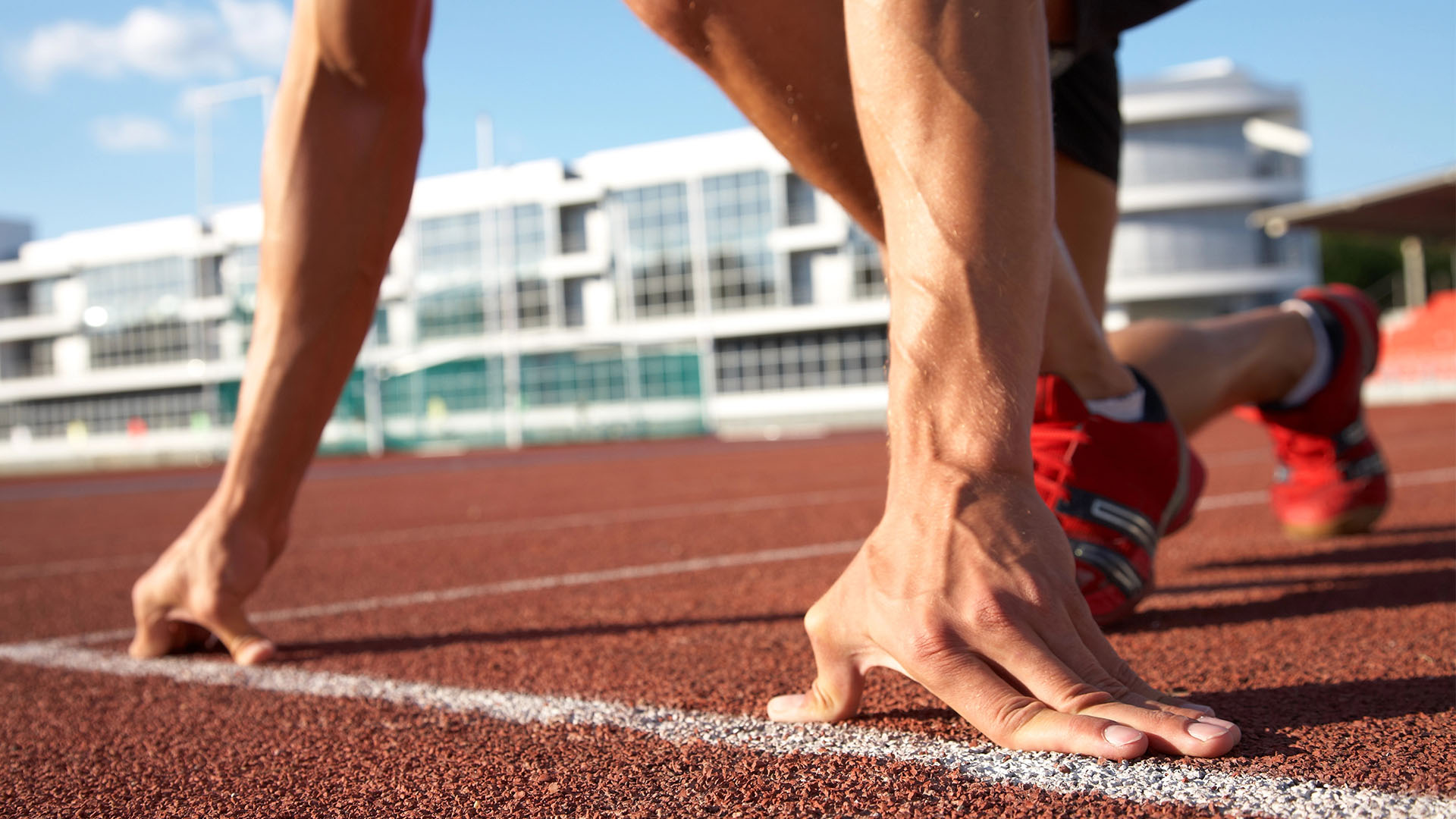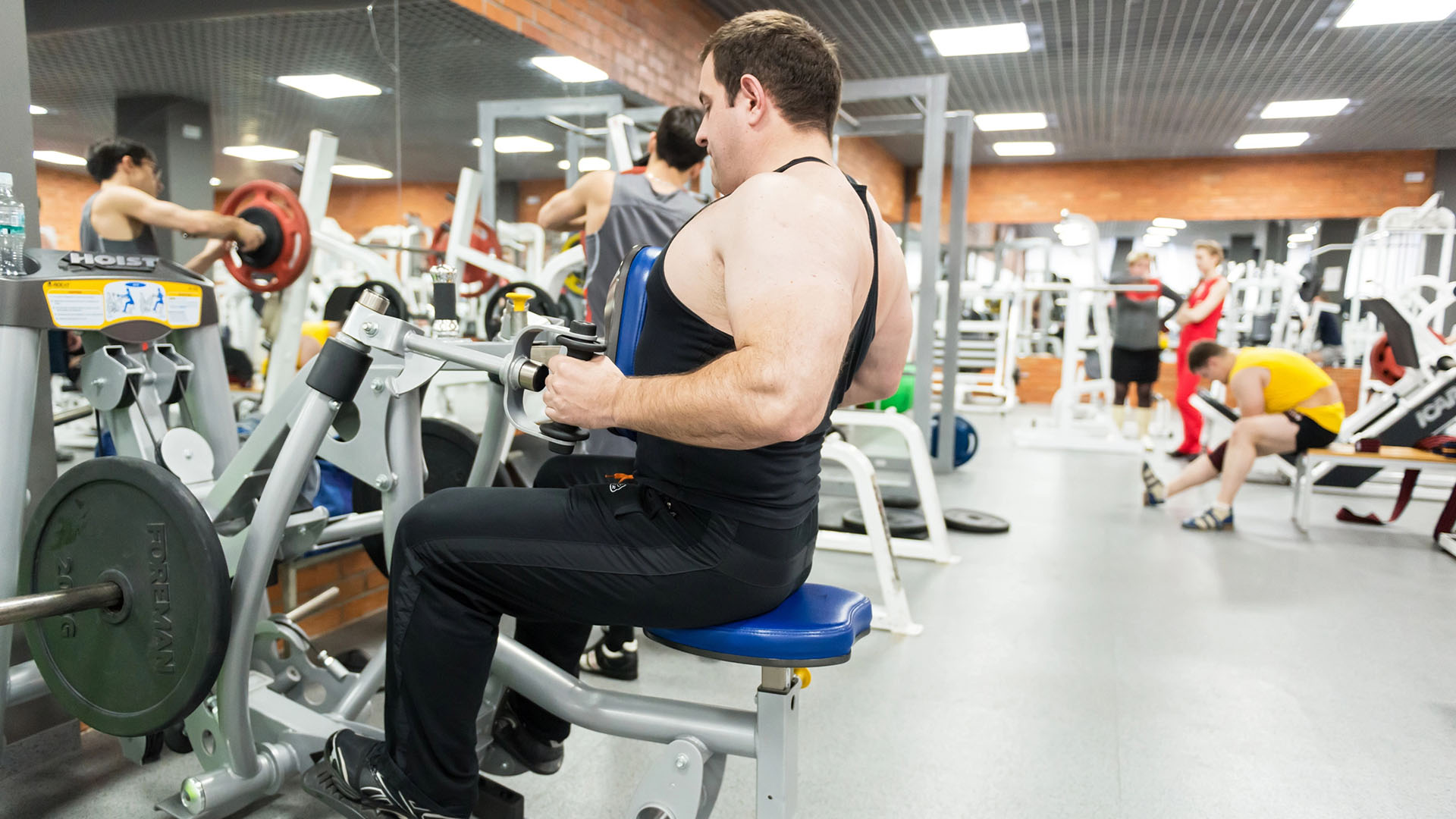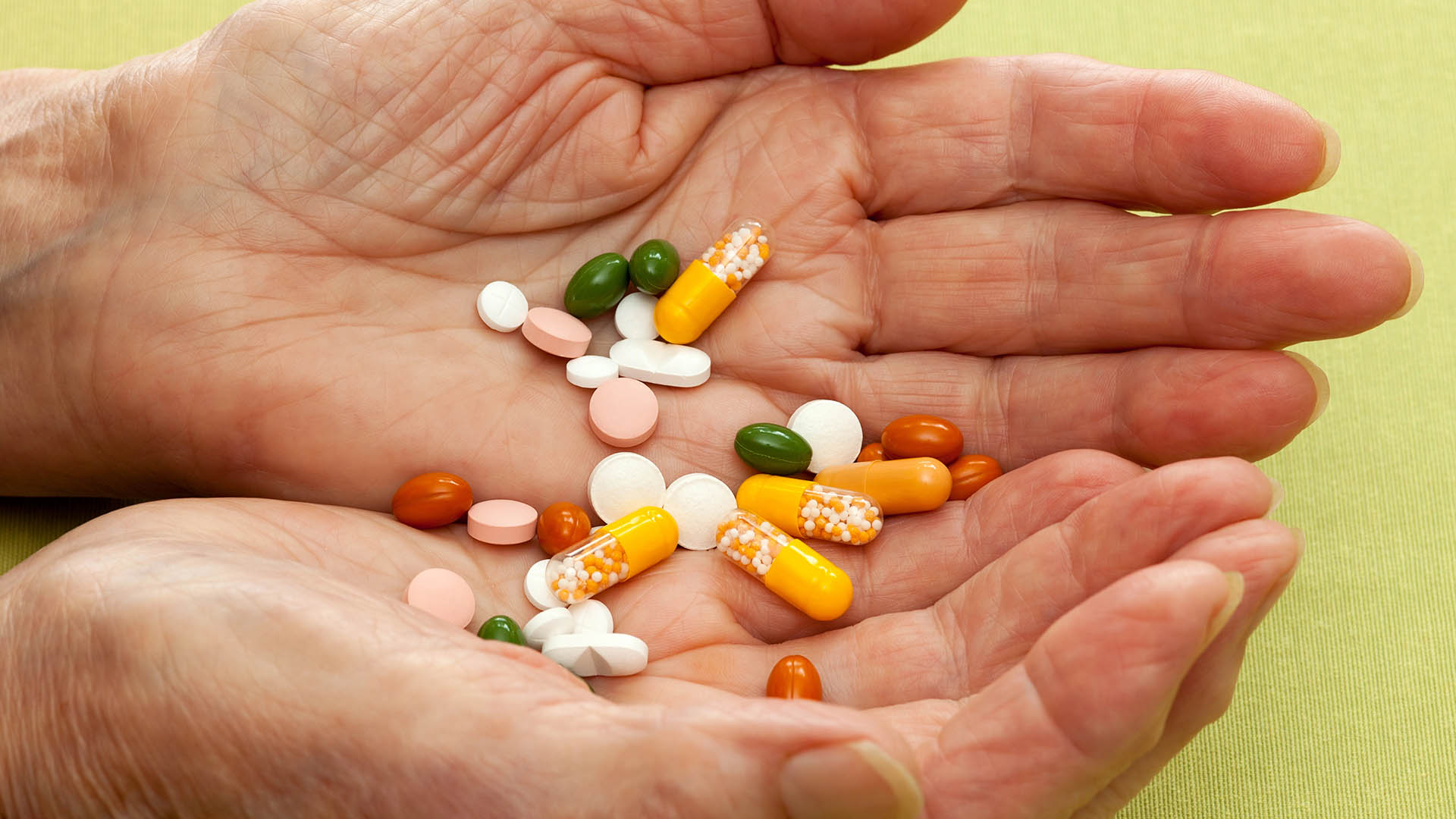Steroid addiction is a growing concern, especially among athletes and bodybuilders who seek rapid muscle growth and performance enhancement. While steroids can offer short-term physical gains, they come with significant health risks and potential for addiction. This article explores the causes, signs, and treatments for steroid addiction, providing vital information for anyone affected by this serious condition.











